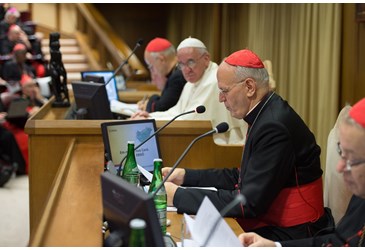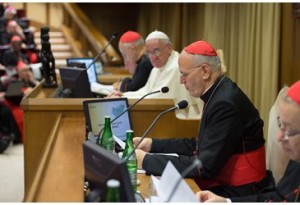
Photo by James McGinnis
Watching a video of Ted Cruz flaunting his ignorance and making a crude joke about Donald Trump dressing up as Hillary Clinton and still not being able to use the girl’s bathroom made me sick. It brought tears to my eyes as his audience laughed. Last week he released a transphobic add portraying transgender women as predators, men pretending to be women.
Article after article. Statement after statement. Law after law. Transgender people are singled out as a danger in public restrooms without any evidence. Is the timing—during a presidential election year—a coincidence? I doubt it.
Some bright spots appear in this darkness. Entertainers and businesses are pulling out of states that pass discriminatory “bathroom bills.” On it’s website, Target takes the lead and declares that in keeping with it’s core value of inclusivity, transgender employees and guests are welcomed to use “the restroom or fitting room facility that corresponds with their gender identity.” Episcopal and Methodist bishops of North Carolina are demanding the repeal of HB2. Some business leaders and government officials are speaking out against these laws.
That this fear-mongering bigotry is often expressed under the guise of religious freedom makes it all the more tragic. Jesus weeps. So do I.


 A few days ago, Jenny Boylan wrote a great editorial in the New York Times about white privilege. It’s easy to miss it, if you’re white that is. Privilege is like that. When you’ve got it, it’s almost invisible to you while being obvious to those who don’t have it. I am a woman, so I recognize male privilege when I see it. I’m white, too. White privilege can escape my notice. I wouldn’t think of any transgender people, likely the most marginalized people in our society, as being privileged. Jenny Boylan didn’t either…
A few days ago, Jenny Boylan wrote a great editorial in the New York Times about white privilege. It’s easy to miss it, if you’re white that is. Privilege is like that. When you’ve got it, it’s almost invisible to you while being obvious to those who don’t have it. I am a woman, so I recognize male privilege when I see it. I’m white, too. White privilege can escape my notice. I wouldn’t think of any transgender people, likely the most marginalized people in our society, as being privileged. Jenny Boylan didn’t either…
 An
An
